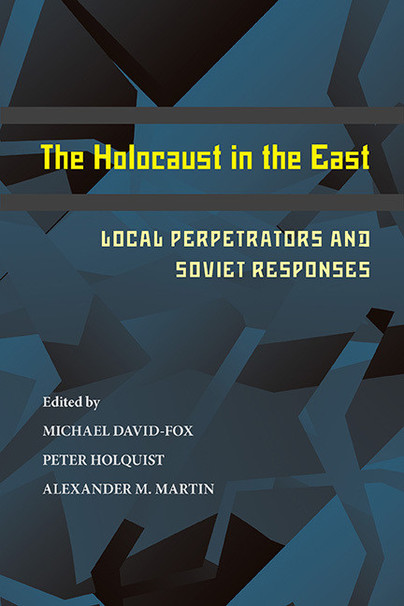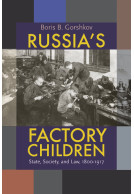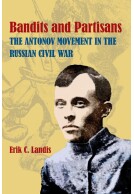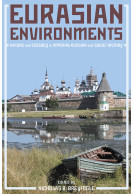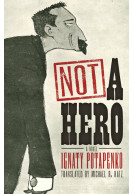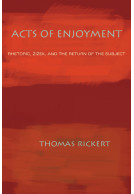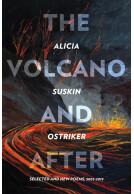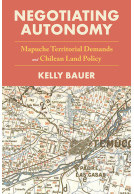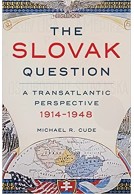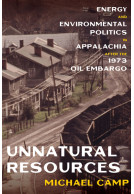Holocaust in the East, The (Paperback)
Local Perpetrators and Soviet Responses
Imprint: University of Pittsburgh Press
Series: Russian and East European Studies
Pages: 280
ISBN: 9780822962939
Published: 5th February 2014
Script Academic & Professional
Series: Russian and East European Studies
Pages: 280
ISBN: 9780822962939
Published: 5th February 2014
Script Academic & Professional
This book will be reprinted and your order will be released in due course.
You'll be £41.00 closer to your next £10.00 credit when you purchase Holocaust in the East, The. What's this?
+£4.99 UK Delivery or free UK delivery if order is over £40
(click here for international delivery rates)
Order within the next 10 hours, 15 minutes to get your order processed the next working day!
Need a currency converter? Check XE.com for live rates
(click here for international delivery rates)
Order within the next 10 hours, 15 minutes to get your order processed the next working day!
Need a currency converter? Check XE.com for live rates
Silence has many causes: shame, embarrassment, ignorance, a desire to protect. The silence that has surrounded the atrocities committed against the Jewish population of Eastern Europe and the Soviet Union during World War II is particularly remarkable given the scholarly and popular interest in the war. It, too, has many causes—of which antisemitism, the most striking, is only one. When, on July 10, 1941, in the wake of the German invasion of the Soviet Union, local residents enflamed by Nazi propaganda murdered the entire Jewish population of Jedwabne, Poland, the ferocity of the attack horrified their fellow Poles. The denial of Polish involvement in the massacre lasted for decades.Since its founding, the journal Kritika: Explorations in Russian and Eurasian History has led the way in exploring the East European and Soviet experience of the Holocaust. This volume combines revised articles from the journal and previously unpublished pieces to highlight the complex interactions of prejudice, power, and publicity. It offers a probing examination of the complicity of local populations in the mass murder of Jews perpetrated in areas such as Poland, Ukraine, Bessarabia, and northern Bukovina and analyzes Soviet responses to the Holocaust.Based on Soviet commission reports, news media, and other archives, the contributors examine the factors that led certain local residents to participate in the extermination of their Jewish neighbors; the interaction of Nazi occupation regimes with various sectors of the local population; the ambiguities of Soviet press coverage, which at times reported and at times suppressed information about persecution specifically directed at the Jews; the extraordinary Soviet efforts to document and prosecute Nazi crimes and the way in which the Soviet state’s agenda informed that effort; and the lingering effects of silence about the true impact of the Holocaust on public memory and state responses.
Other titles in the series...
Other titles in University of Pittsburgh Press...







